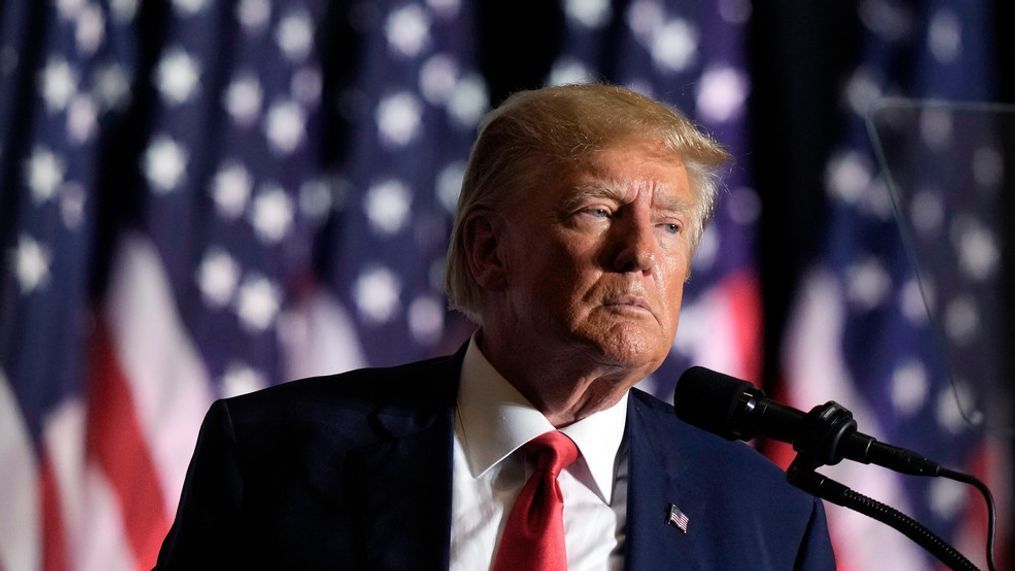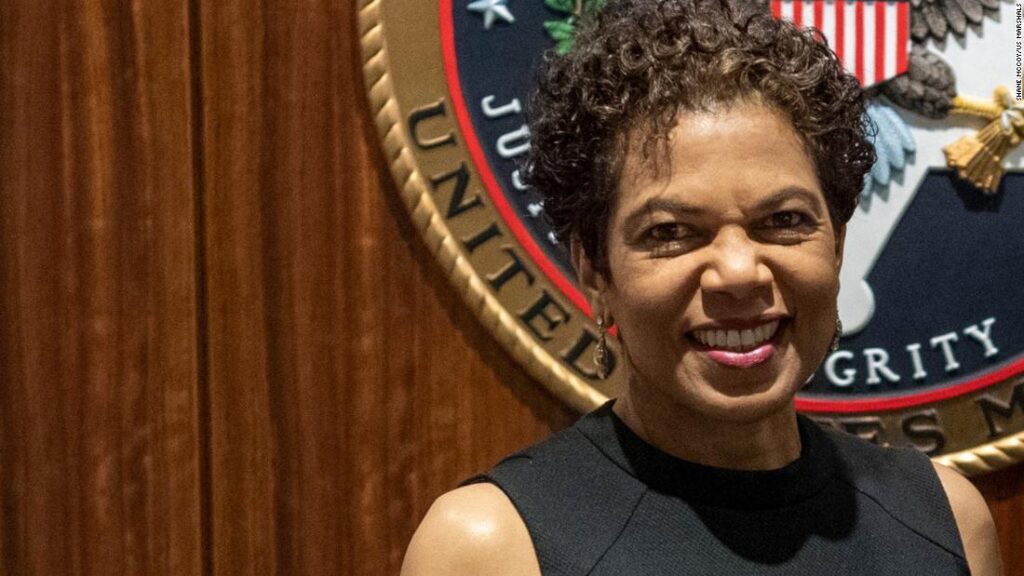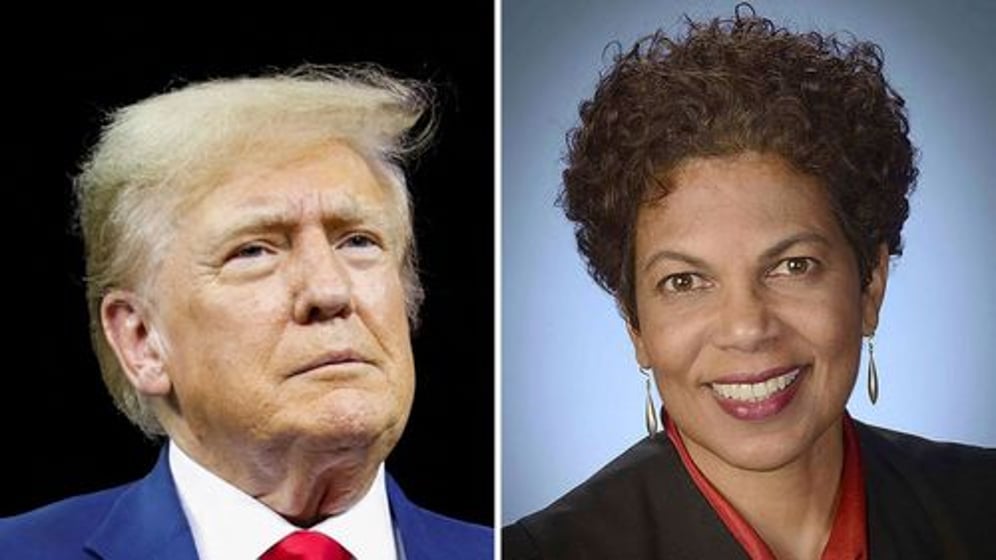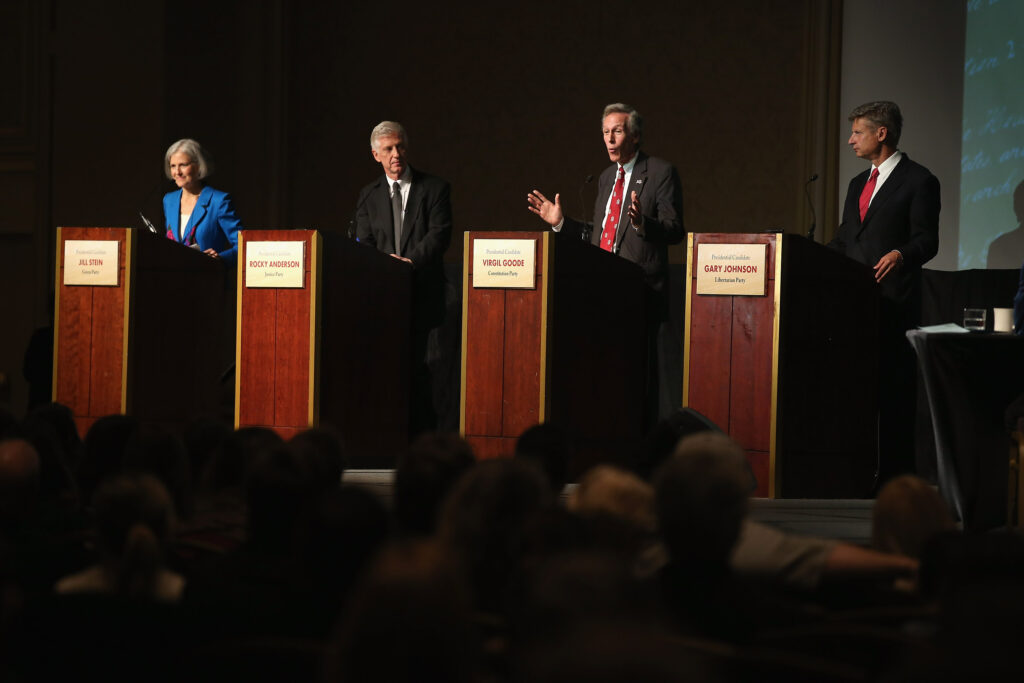September 28, 2023
On Wednesday, U.S. District Judge Tanya Chutkan rejected Donald Trump’s request that she recuse herself from his 2020 election interference case in Washington. Chutkan, who was randomly assigned to Trump’s case, said that she sees no reason to step aside. The case, scheduled for trial in March, accuses the Republican of illegally scheming to overturn his election loss to Democrat Joe Biden.
Trump’s lawyers had cited statements that Chutkan had made in two sentencing hearings of participants in the Jan. 6, 2021, riot at the U.S. Capitol as evidence of her bias. In those hearings, Chutkan had criticized the rioters and said that they had been motivated by “blind loyalty to one person who, by the way, remains free to this day.”

But Chutkan vigorously objected to the characterization of her comments as biased. She wrote in her order that she was merely stating an “undisputed fact” when she said that Trump was free, and that her comments did not suggest that she had any preconceived notions about his guilt or innocence.
Chutkan’s refusal to recuse herself is the second time that Trump has been unsuccessful in getting a judge removed from one of the criminal cases against him. In July, Judge Juan Manuel Merchan, who is overseeing Trump’s New York hush money criminal case, rejected similar demands that he step aside.
Chutkan’s decision is a significant victory for the Justice Department, which has been facing increasing political pressure from Trump and his allies. The case against Trump is one of the most high-profile criminal cases in American history, and the outcome could have a major impact on the country’s political future.
What does this mean for Trump?

Trump’s failure to get Chutkan removed from his case is a major setback for him. It means that he will now have to stand trial before a judge who has already made critical statements about his behavior.
Trump has a history of trying to get judges removed from his cases, and he has often succeeded in doing so. But Chutkan’s refusal to recuse herself suggests that he may be running out of options.
Trump’s legal team is likely to appeal Chutkan’s decision, but it is unclear whether they will be successful. The legal standard for recusal is very high, and it is unlikely that an appellate court will find that Chutkan abused her discretion by refusing to step aside.
What does this mean for the Justice Department?

Chutkan’s decision is a victory for the Justice Department, which has been facing increasing political pressure from Trump and his allies. The case against Trump is one of the most high-profile criminal cases in American history, and the outcome could have a major impact on the country’s political future.
The fact that Chutkan is willing to preside over Trump’s case is a sign that the Justice Department is committed to pursuing justice even in the face of political pressure. It is also a sign that the department has confidence in its case against Trump.
What’s next?
Trump’s trial is scheduled to begin in March 2024. If he is convicted, he could face up to 20 years in prison.
Trump’s legal team is likely to file a number of motions before the trial, including motions to dismiss the case and motions to suppress evidence. They are also likely to challenge the impartiality of the jury pool.
The Justice Department, meanwhile, will continue to prepare its case. The department has already gathered a significant amount of evidence against Trump, and it is expected to call a number of witnesses to testify at trial.
The outcome of Trump’s trial is uncertain. But one thing is clear: the stakes are very high.



